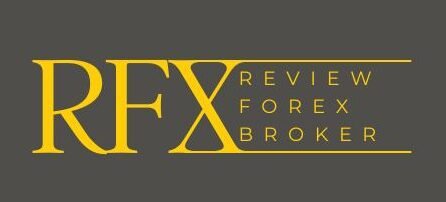In the expansive world of currency trading, forex brokers serve as the essential bridge connecting individual traders to the vast and dynamic foreign exchange market. If you’re new to forex trading or considering entering this exciting realm, understanding the role and function of forex brokers is paramount. In this introductory guide, we’ll unravel the mystery surrounding forex brokers, shedding light on their significance, services, and how to choose the right one for your trading journey.
What are Forex Brokers?
Forex brokers are intermediary firms or individuals that facilitate the buying and selling of currencies in the foreign exchange market. They provide traders with access to trading platforms, market data, liquidity, and other essential tools and services necessary for executing trades in the forex market.
The Role of Forex Brokers:
- Execution of Trades: Forex brokers execute trades on behalf of their clients by matching buy and sell orders in the market. They act as counterparties to traders, providing liquidity and ensuring that orders are filled promptly and efficiently.
- Access to Trading Platforms: brokers offer trading platforms that allow traders to access the market and place trades. These platforms may vary in features, functionality, and user interface, but they typically provide real-time quotes, charting tools, and order execution capabilities.
- Market Analysis and Research: Many forex brokers offer market analysis, research, and educational resources to help traders make informed trading decisions. This may include daily market commentary, technical analysis, economic calendars, and educational webinars.
- Leverage and Margin Trading: brokers provide traders with access to leverage, allowing them to control larger positions in the market with a smaller amount of capital. This amplifies both potential profits and losses and is a key feature of trading.
- Regulatory Compliance: Reputable brokers are regulated by relevant financial authorities in their jurisdiction. Regulatory compliance ensures that brokers adhere to strict standards of transparency, security, and financial stability, providing protection for traders’ funds and ensuring fair and ethical business practices.
How to Choose the Right Forex Broker:
Selecting the right forex broker is crucial for a successful trading experience. Here are some factors to consider when choosing a broker:
- Regulation: Ensure that the broker is regulated by a reputable financial authority, such as the US Commodity Futures Trading Commission (CFTC) or the UK Financial Conduct Authority (FCA).
- Trading Conditions: Evaluate the broker’s trading conditions, including spreads, commissions, leverage, and minimum deposit requirements. Look for competitive pricing and favorable trading terms.
- Trading Platform: Assess the broker’s trading platform and its features, usability, reliability, and compatibility with your devices and trading style.
- Customer Support: Consider the quality of customer support offered by the broker, including responsiveness, availability of support channels, and helpfulness in resolving issues.
- Educational Resources: Look for brokers that offer educational resources and tools to help you learn and improve your trading skills, such as tutorials, webinars, and demo accounts.
- Reputation and Reviews: Research the broker’s reputation and read reviews from other traders to gauge their experience and satisfaction with the broker’s services.

